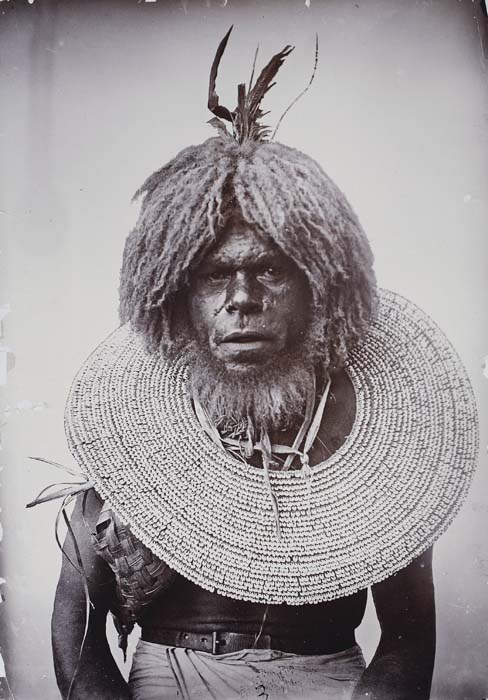Sale 2080 - Lot 12A
Unsold
Estimate: $ 85,000 - $ 105,000


Aliquam vulputate ornare congue. Vestibulum maximus, libero in placerat faucibus, risus nisl molestie massa, ut maximus metus lectus vel lorem.